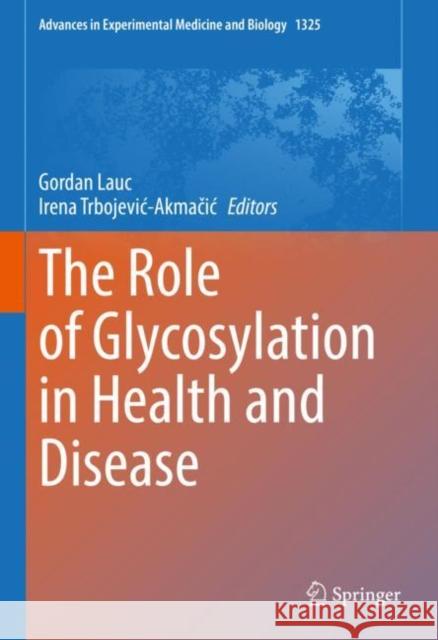The Role of Glycosylation in Health and Disease » książka
topmenu
The Role of Glycosylation in Health and Disease
ISBN-13: 9783030701147 / Angielski / Twarda / 2021 / 376 str.
The Role of Glycosylation in Health and Disease
ISBN-13: 9783030701147 / Angielski / Twarda / 2021 / 376 str.
cena 805,10
(netto: 766,76 VAT: 5%)
Najniższa cena z 30 dni: 771,08
(netto: 766,76 VAT: 5%)
Najniższa cena z 30 dni: 771,08
Termin realizacji zamówienia:
ok. 22 dni roboczych
Dostawa w 2026 r.
ok. 22 dni roboczych
Dostawa w 2026 r.
Darmowa dostawa!
Kategorie:
Kategorie BISAC:
Wydawca:
Springer
Seria wydawnicza:
Język:
Angielski
ISBN-13:
9783030701147
Rok wydania:
2021
Wydanie:
2021
Numer serii:
000253056
Ilość stron:
376
Waga:
0.99 kg
Wymiary:
25.91 x 20.32 x 2.54
Oprawa:
Twarda
Wolumenów:
01











